Botanical Name: Manilkara zapota
Common Name: Chikoo Trees, Sapodilla Trees, Chiku Trees,
Manikara zapota is coomonly known as Chiku / Chikoo. It produces chicle fruits, which are round or oblong in shape. Trees of chiku plants are evergreen in nature and bears green foliage.
A superb shade, street (where falling fruit will not be a problem), or fruit tree, Sopadilla reaches a height of 45 feet
with a 40-foot spread. The smooth, dark, and glossy, six-inch-long evergreen leaves are clustered at the tips of twigs and the small, cream-colored solitary flowers appear in the leaf axils throughout the year. The four-inch-wide, scurfy brown fruits have a juicy, sweet, yellow-brown flesh and ripen to softness in spring and summer. The flower-to-fruit period is about ten months. The bark and branches, when injured, bleed a white latex which is the source of chicle, the original base for chewing gum. The trunk on older specimens is flaky and quite attractive, and flares at the base into numerous surface roots.
Requiring full sun for best growth and form, Sopadilla is a tough tree tolerating a variety of poor soils but will grow better on well-drained soils. It has a good salt tolerance and is very drought and wind-resistant, enduring hurricanes very well. Thinning the very dense crown will help to increase grass and other plant growth beneath the crown and increase wind tolerance. These traits make it ideal for seaside locations. The trunk and roots grow quite large on older specimens, so locate no closer than about eight to ten feet from sidewalks and curbs. It makes a superb specimen tree for a large residential landscape or commercial landscape.
A central trunk often develops with little training. It dominates the young tree forming a pyramidal-shaped
canopy. Improper pruning practices such as topping, forms many clustered leaders and can shorten the life of the tree. Superior fruit cultivars are available: `Prolific’, `Brown Sugar’, `Modello’, and `Russel’.
Manilkara bahamensis , the Wild Dilly, is native to the Florida Keys and has less desirable fruit.
Propagation is usually by seed, with superior varieties being
veneer-grafted.
Availability
Young Plants

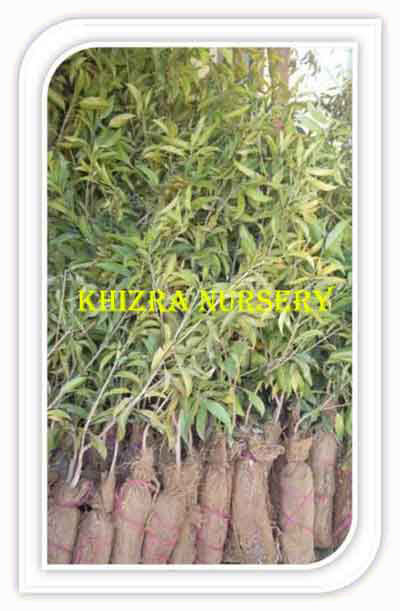




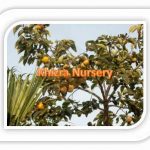


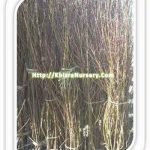
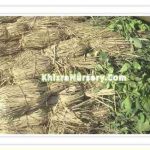
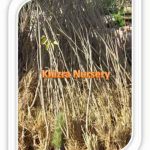





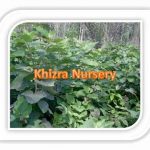
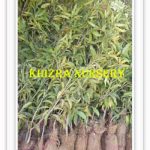

Reviews
There are no reviews yet.